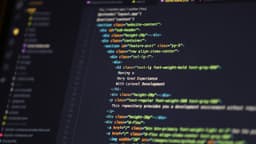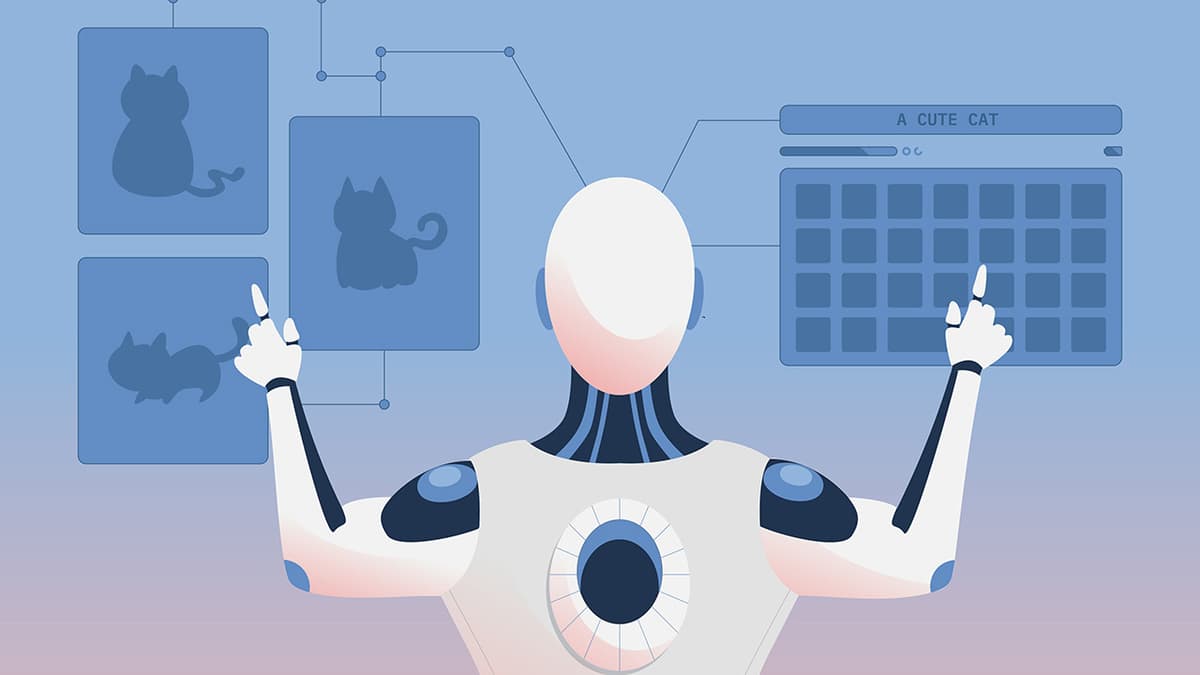Quantum Machine Learning: Unleashing the Power of Quantum Computing
Quantum machine learning (QML) is a developing field that merges quantum mechanics and machine learning to tackle complex problems efficiently and accurately. This interdisciplinary approach has the potential to transform industries such as finance, drug discovery, and optimization. This article explores the fundamental concepts of QML and its promising applications.
Understanding Quantum Machine Learning
Quantum machine learning leverages the unique properties of quantum systems, such as superposition and entanglement, to enhance traditional machine learning algorithms. QML algorithms can process and analyze large datasets in parallel, leading to significant speed improvements over classical methods.
QML aims to create quantum algorithms that perform tasks like classification, regression, clustering, and dimensionality reduction with increased efficiency and precision. These algorithms utilize quantum states and operations for data manipulation and processing, differing fundamentally from classical approaches.
Key Components of Quantum Machine Learning
To gain a deeper insight into quantum machine learning, consider its key components:
-
Quantum Data Representation: In classical machine learning, data is often represented as vectors or matrices. In QML, quantum states—represented as qubits—encode and process information. Qubits can represent multiple states simultaneously, enabling parallel computations.
-
Quantum Gates and Circuits: Quantum gates and circuits serve as the essential components of quantum computing. They operate on qubits and allow for the manipulation of quantum states. QML algorithms employ these gates and circuits to carry out operations like rotations, flips, and entanglements, crucial for processing quantum data.
-
Quantum Algorithms: QML algorithms leverage quantum computing to address specific machine learning tasks. For instance, the Quantum Support Vector Machine (QSVM) performs classification tasks efficiently by utilizing quantum interference and parallelism.
-
Quantum Optimization: Many optimization problems arise in machine learning, and quantum computing offers potential solutions with greater efficiency. Algorithms like the Quantum Approximate Optimization Algorithm (QAOA) use quantum annealing or the variational quantum eigensolver (VQE) to find optimal solutions.
Promising Applications of Quantum Machine Learning
Quantum machine learning's capabilities could transform various industries by efficiently solving complex problems. Some promising applications of QML include:
-
Drug Discovery: QML algorithms can speed up drug discovery by simulating molecular interactions and identifying potential drug candidates more accurately, reducing costs and time in developing new medications.
-
Financial Modeling: QML can improve financial modeling by solving optimization problems in portfolio management, risk assessment, and fraud detection more efficiently. This leads to better investment strategies and enhanced risk management.
-
Image and Pattern Recognition: Quantum algorithms may enhance image and pattern recognition tasks by utilizing quantum parallelism, benefiting fields such as computer vision, object detection, and facial recognition.
-
Quantum Generative Models: QML can develop quantum generative models capable of producing more realistic and complex data distributions. This has potential applications in data synthesis, simulation, and generative art.
Quantum machine learning merges quantum mechanics with machine learning to unlock new computational potential for solving complex problems. By utilizing quantum phenomena and specialized algorithms, QML promises to impact various industries significantly. As quantum technologies advance, QML is expected to play a more crucial role in the future of computation and data analysis.
(Edited on September 4, 2024)












